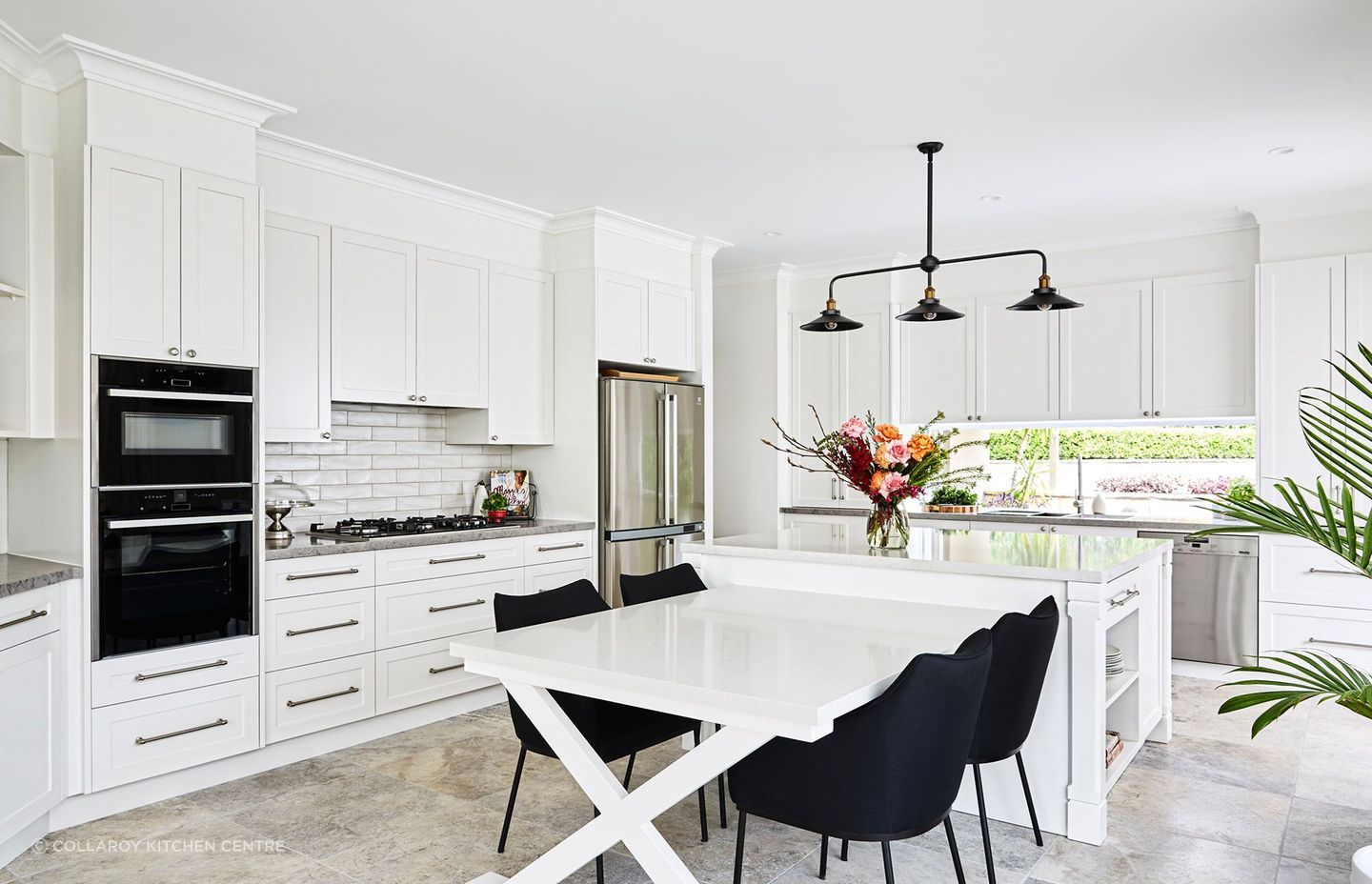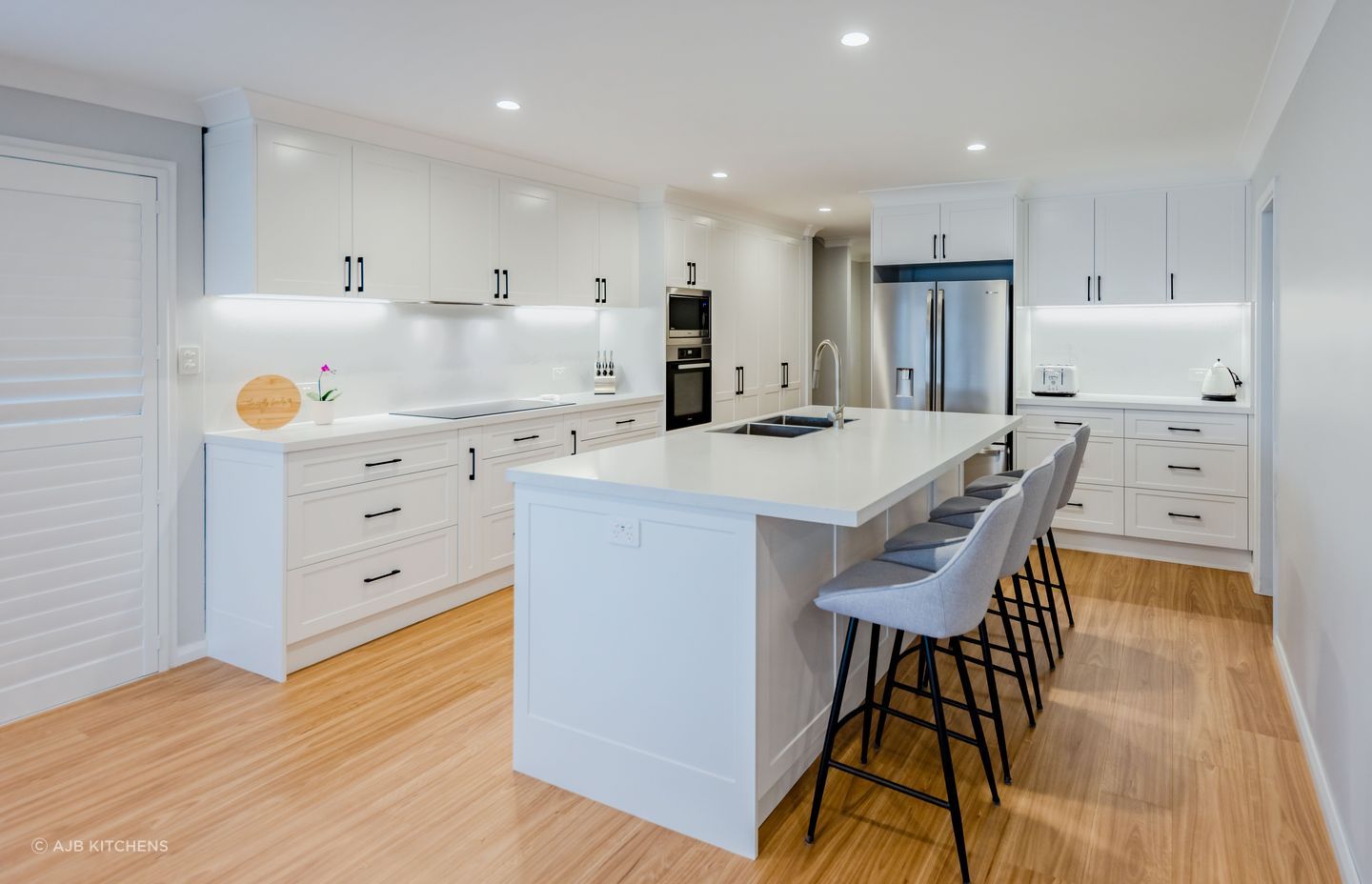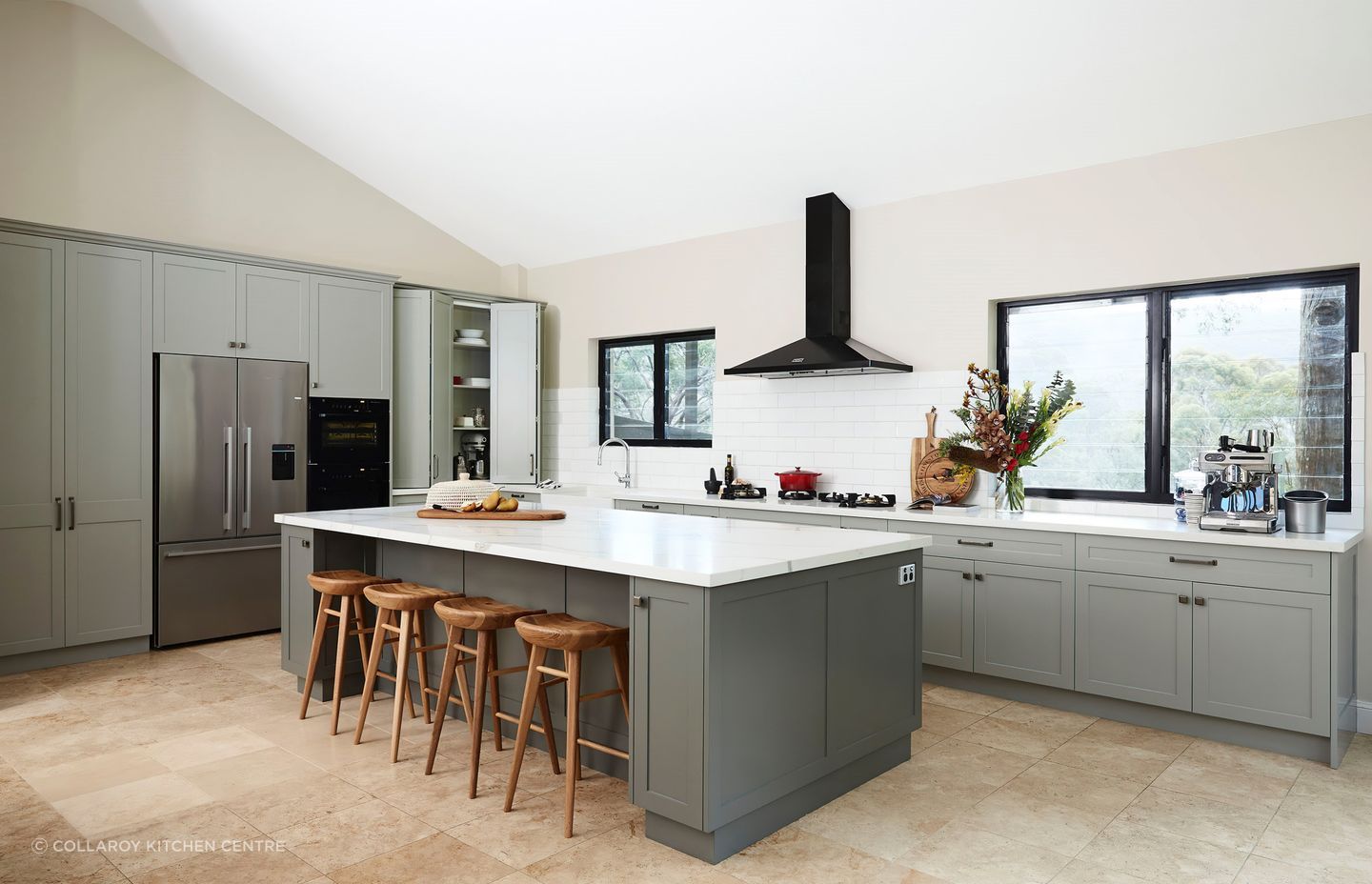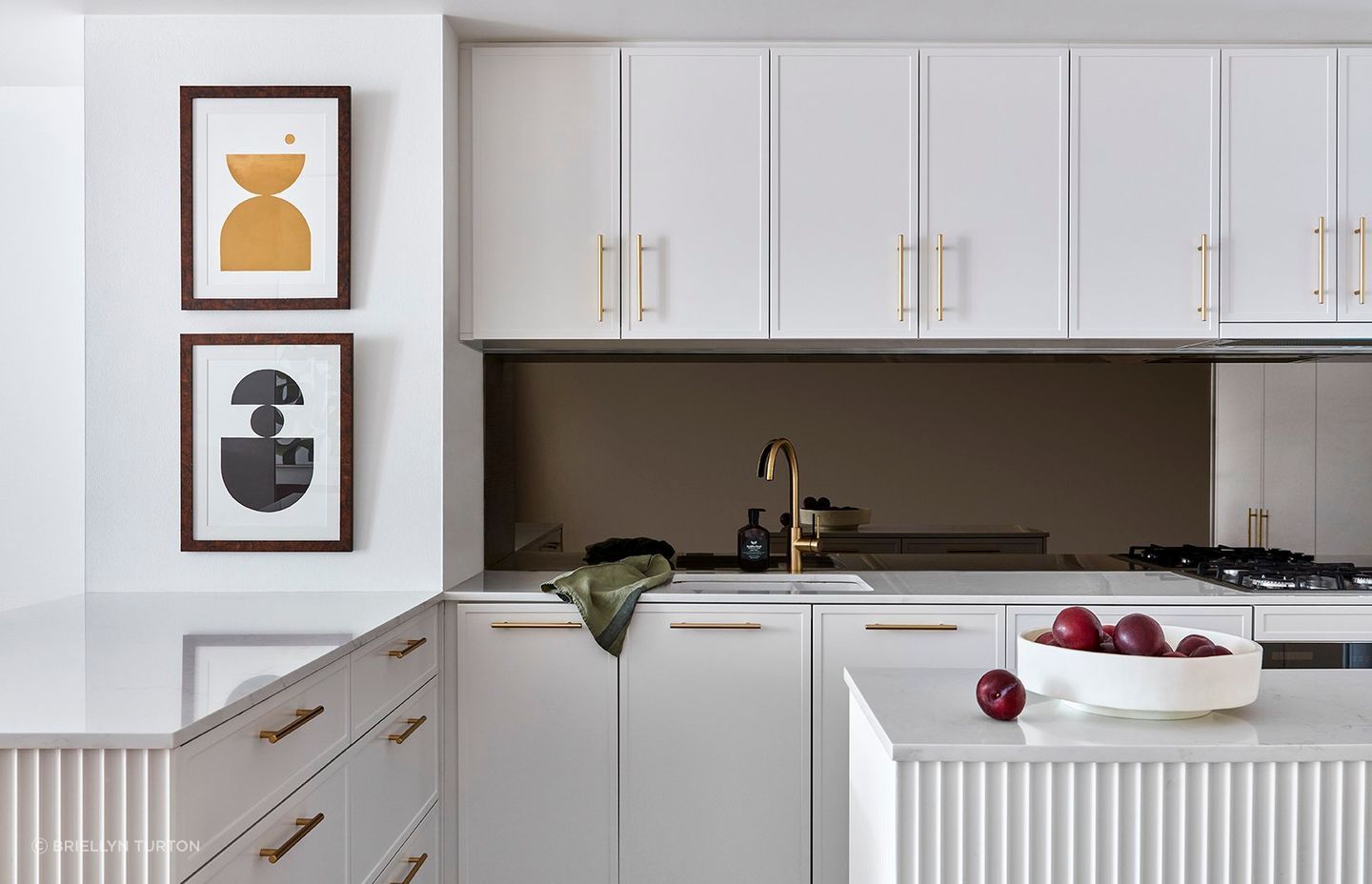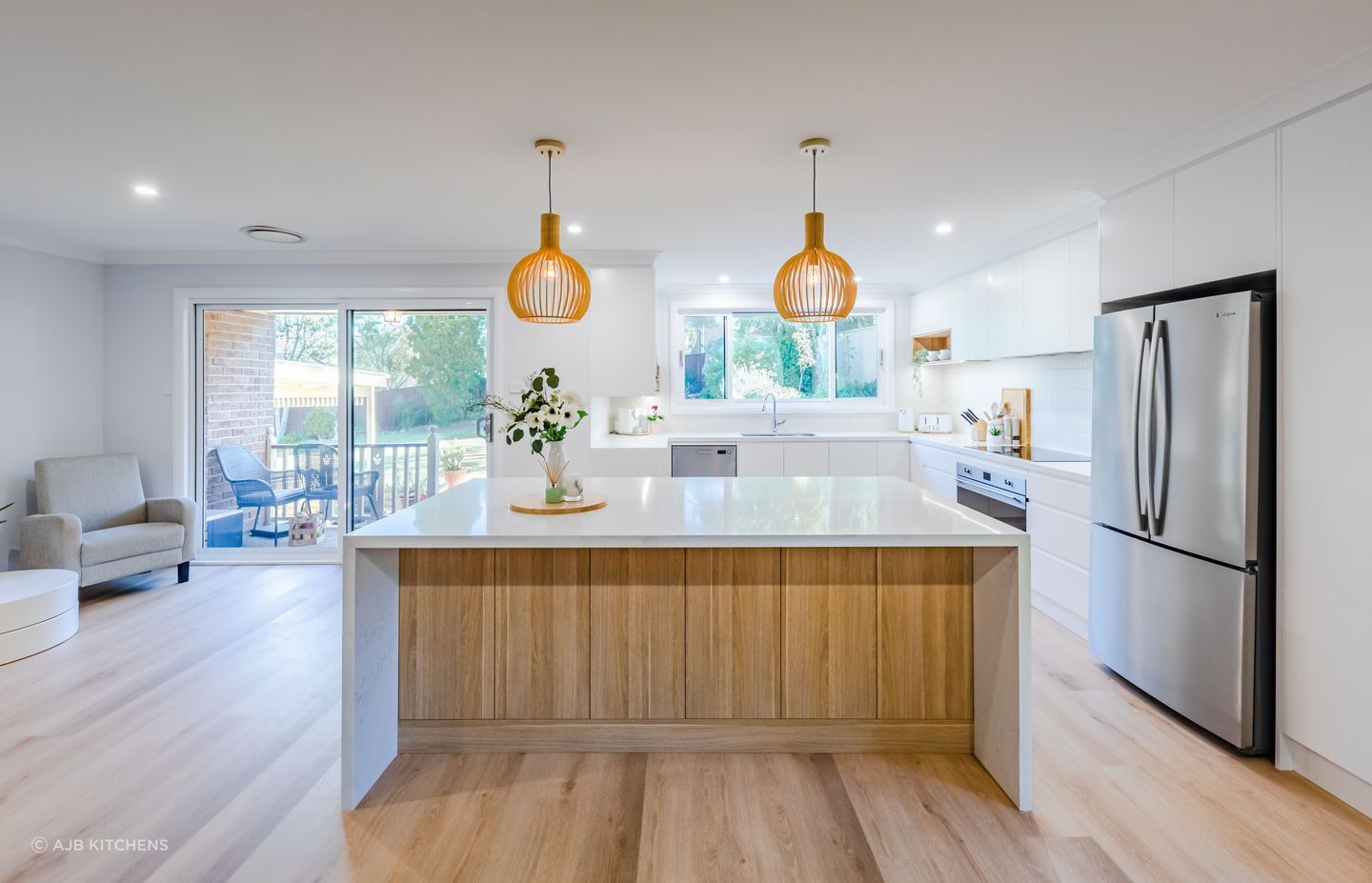Plan your dream kitchen: a guide to renovation costs
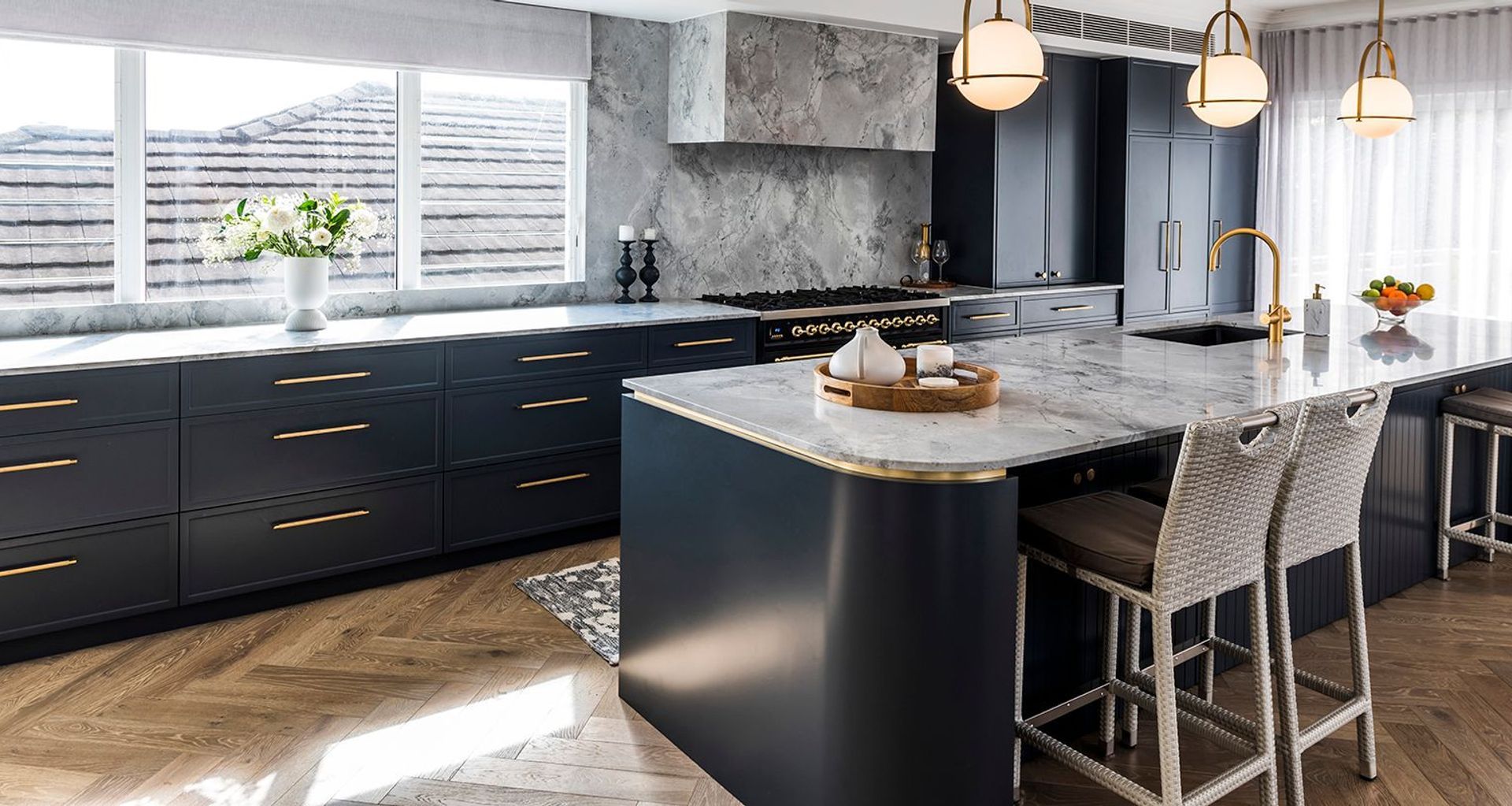
This article cuts straight to the chase, offering you a detailed breakdown of kitchen renovation costs and the factors that influence them, so you can make informed financial decisions for your culinary space’s revamp.
Key takeaways
- Kitchen renovation costs range from $5,000 for budget makeovers to $45,000+ for high-end projects, with factors like materials, labour, and project complexity affecting the total price.
- Strategic planning, considering average costs, and setting aside a 10% buffer for unexpected expenses can help keep your kitchen renovation within budget.
- Professional help ensures quality, efficiency, and adherence to regulations.
Breaking down the average kitchen renovation cost in Australia
Kitchen renovation costs differ widely, just like kitchen styles. They generally fall into three categories: budget, mid-range, and high-end. Here’s what you might spend:
- Budget kitchen renovation: $5,000 to $15,000. This makes it a cost-effective option for homeowners looking to update their kitchen on a limited budget.
- Mid-range kitchen renovation: $22,000 to $45,000.
- High-end kitchen renovation: starts at $45,000 and can escalate even further.
These figures might seem daunting, but remember that various elements can influence the final cost of your kitchen renovation project. Here are some examples of different budget tiers:
- Budget tier: surface upgrades, flat pack cabinets, and laminate benchtops
- Mid-range renovations: quartz benchtops and glass splashbacks.
- High-end renovations: custom kitchen cabinetry, premium appliances, and hardwood floors.
Related article: 21 kitchen lighting ideas for 2024
What influences the cost of kitchen renovations?
Several variables can impact your kitchen renovation cost. These include your choice of materials and finishes, the labour required, and the project’s complexity. Grasping these key elements can assist you in crafting an accurate budget for your kitchen remodel.
We’ll delve into each of these aspects in the following subsections.
Materials and finishes
The choice of materials and finishes significantly contributes to the final cost of a kitchen renovation. High-quality kitchen cabinetry, for instance, can withstand wear and tear better than cheaper alternatives. Despite the higher initial cost, choosing custom cabinetry could provide more value in the long run.
Your kitchen renovation budget is also heavily impacted by the type of benchtop material you select. Options range from budget-friendly laminate to high-end finishes like marble, each with its unique aesthetic and price point. Even small details like drawers, hinges, and cupboard doors can affect the renovation cost. Quality finishes can add more value and functionality, making a mid-range kitchen a more cost-effective option in the long run.
Related article: The cost of replacing bathroom taps in Australia
Labour and tradespeople
A substantial portion of your kitchen renovation budget goes towards labour costs. The charges per hour, the number of professionals required, and the duration of the project all add up. A kitchen builder, who oversees the renovation and manages all the trades involved, can charge anywhere between $40 to $120 per hour. If you are opting for custom kitchen cabinetry, a dedicated cabinet maker can add another $120 per hour to your cost.
Bringing in an electrician is crucial for handling powerpoints, wiring for new appliances, and ensuring the existing wiring can handle the new appliances. The key is to involve them during the rough-in or wiring stage, prior to the kitchen installation, to save costs.
Project complexity
The intricacy of your kitchen renovation project can notably affect the overall cost. Major structural changes, for instance, require more materials and manpower, thereby increasing the cost. However, minimising structural changes and focusing on updating finishes and fixtures can help keep your kitchen reno budget in check.
Plumbing changes, such as moving the kitchen sink or other water fixtures, can also escalate the cost. Similarly, altering the electrical layout can add a sizable chunk to your kitchen renovation budget. Planning efficiently and making strategic changes can help manage these installation costs.
Related article: Kitchen sink sizes: tips on choosing the right fit
Budgeting for your kitchen renovation
Establishing a practical budget paves the way for a triumphant kitchen renovation. Consider the average cost which is around $25,000 to $35,000, and add a buffer of 10% for unforeseen costs. Start by researching, considering a professional design, and creating a timeline for the renovation process.
In your kitchen renovation cost estimation, consider both high-end and economical choices for all necessary materials. Consider factors such as the size of your kitchen, the materials and appliances you want, and labour costs. Proper planning can help you achieve your dream kitchen without breaking the bank.
Strategies for saving money on your kitchen renovation
You can employ various tactics to make your kitchen renovation more cost-efficient. Opting for budget-friendly materials for cabinets and countertops, such as laminates or a natural stone in traditional colours can help keep costs down.
Prioritising where you spend your money can also lead to substantial savings. Investing in top-notch items like sturdy, well-made cabinets and drawers can save you from future repair and replacement costs. Also, considering affordable options for cabinets and finishes can contribute significantly to a budget kitchen makeover.
Timeframe for kitchen renovations
The duration of kitchen renovations can fluctuate depending on various factors. On average, a kitchen renovation takes about 6-12 weeks. Establishing a timeline is crucial for maintaining progress and ensuring efficient management and scheduling of all tasks.
Major structural changes or a large kitchen size can extend this timeline. Plumbing work usually takes around two days, and electrical work also takes about two days to finish. If you’re hiring tradespeople for your renovation, keep in mind that the hiring process can take between 6 - 9 weeks.
Related article: Kitchen bench dimensions: How to choose the best fit
Hiring professionals for your kitchen renovation
Engaging professionals for your complete kitchen renovation can make a significant difference. They ensure quality work, efficient project management, and adherence to local regulations and licensing requirements. Whether it’s plumbing, tiling, or a full-scale renovation, it’s always advisable to hire a licensed contractor or qualified tradespeople.
Although the idea of a DIY or partial renovation might be appealing, it might result in higher costs in the long run. You might have to coordinate different trades, and any delay can disrupt the whole renovation process.
Here are some of the professionals you may want to consider:
Architect or kitchen designer -helps in designing the layout and aesthetics of the kitchen, optimising space and functionality. Most well known kitchen retailers offer in-store consultations which are usually priced anywhere between $100 - $300.
Alternatively, if you have a larger budget or are looking for a more bespoke design you can look to hire an architect, or an independent kitchen designer, where you can expect to pay at least a couple of thousand dollars at a minimum for an individual consultation.
Plumber - essential for any work related to water lines, sinks, dishwashers. A plumber will charge anywhere from $60 - $150 per hour.
Electrician - Ensures safe and effective electrical wiring, outlets, lighting, and appliance installation. Expect to pay between $60 - $150 per hour for an electrician.
Carpenter/Cabinet Maker - Skilled in custom cabinetry or modifying existing cabinets. A carpenter will usually charge between $40 - $150 per hour.
Tiler - Specialises in floor and wall tile installation, crucial for backsplashes, flooring, and wall decorations. For a professional tiler you'll be looking at $45 - $100 per hour, plus the price of materials and the per square metre quote for the tiling area.
Painter - For professional painting and finishing of walls and ceilings. Expect to pay around $40 per hour.
Related article: The dos and don'ts of kitchen design: 11 great tips
Frequently asked questions about kitchen renovations
What is a realistic budget for a kitchen remodel?
A realistic budget for a kitchen remodel can vary depending on the level of renovation. Entry level renovations typically start at $10,000, while mid-range renovations may cost $20,000 to $45,000. Premium kitchens can cost $50,000 and beyond.
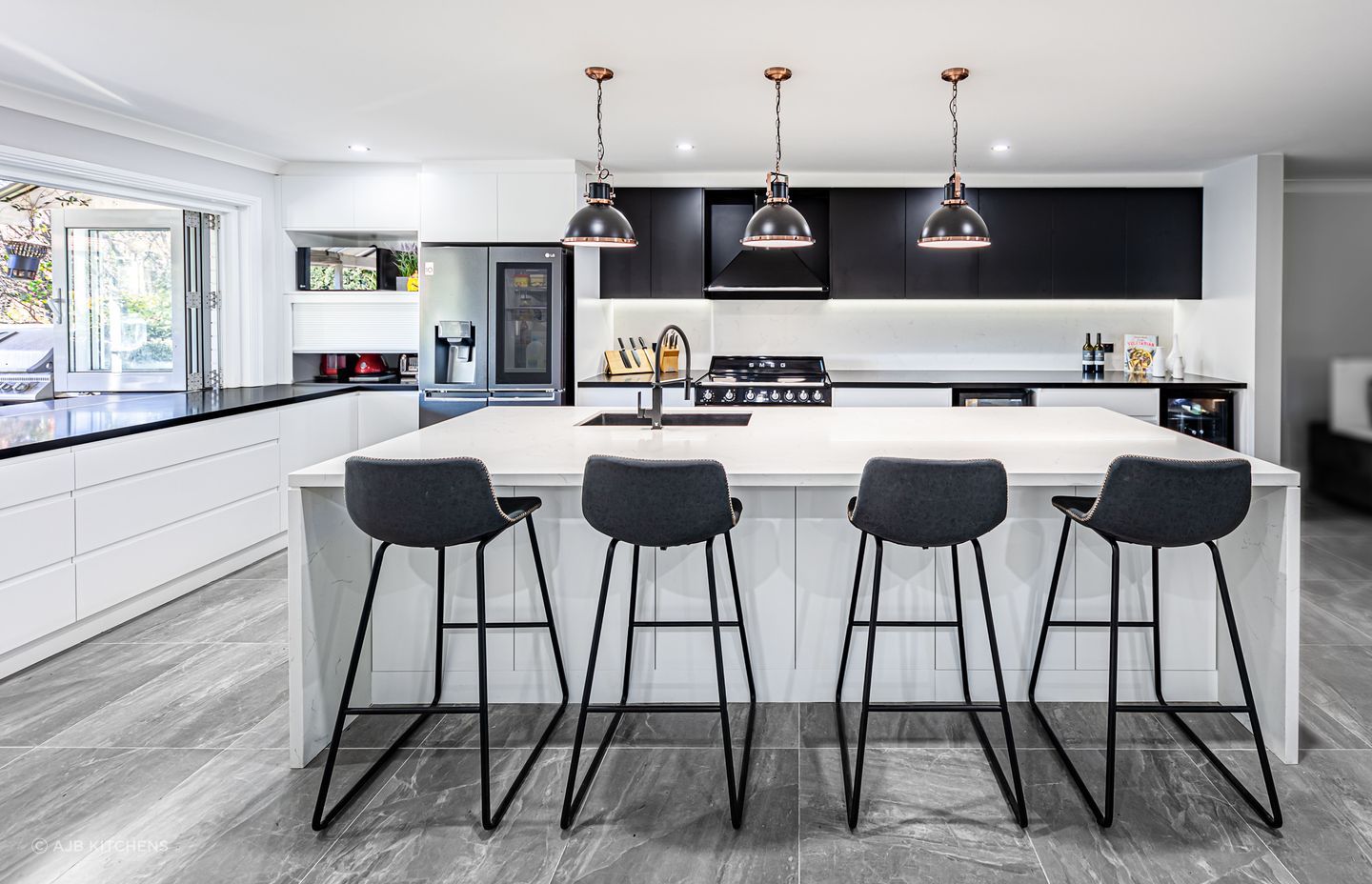
How long does a kitchen renovation usually take?
A kitchen renovation usually takes about 6-12 weeks, but this can vary depending on the specific details of the renovation.
What are some ways to save money on a kitchen renovation?
To save money on a kitchen renovation, choose budget-friendly materials, repurpose existing elements, prioritise essential upgrades, and minimise structural changes. These tactics can help keep your costs down.
Plenty to consider for your kitchen renovation
There's a lot to think about when you're renovating your kitchen, and the price you pay will depend on the scale of the job, the materials you choose, the fixtures you replace and the amount of labour required, with the final cost will be a reflection of these choices.
Find the top kitchen renovation professionals for your project on ArchiPro

